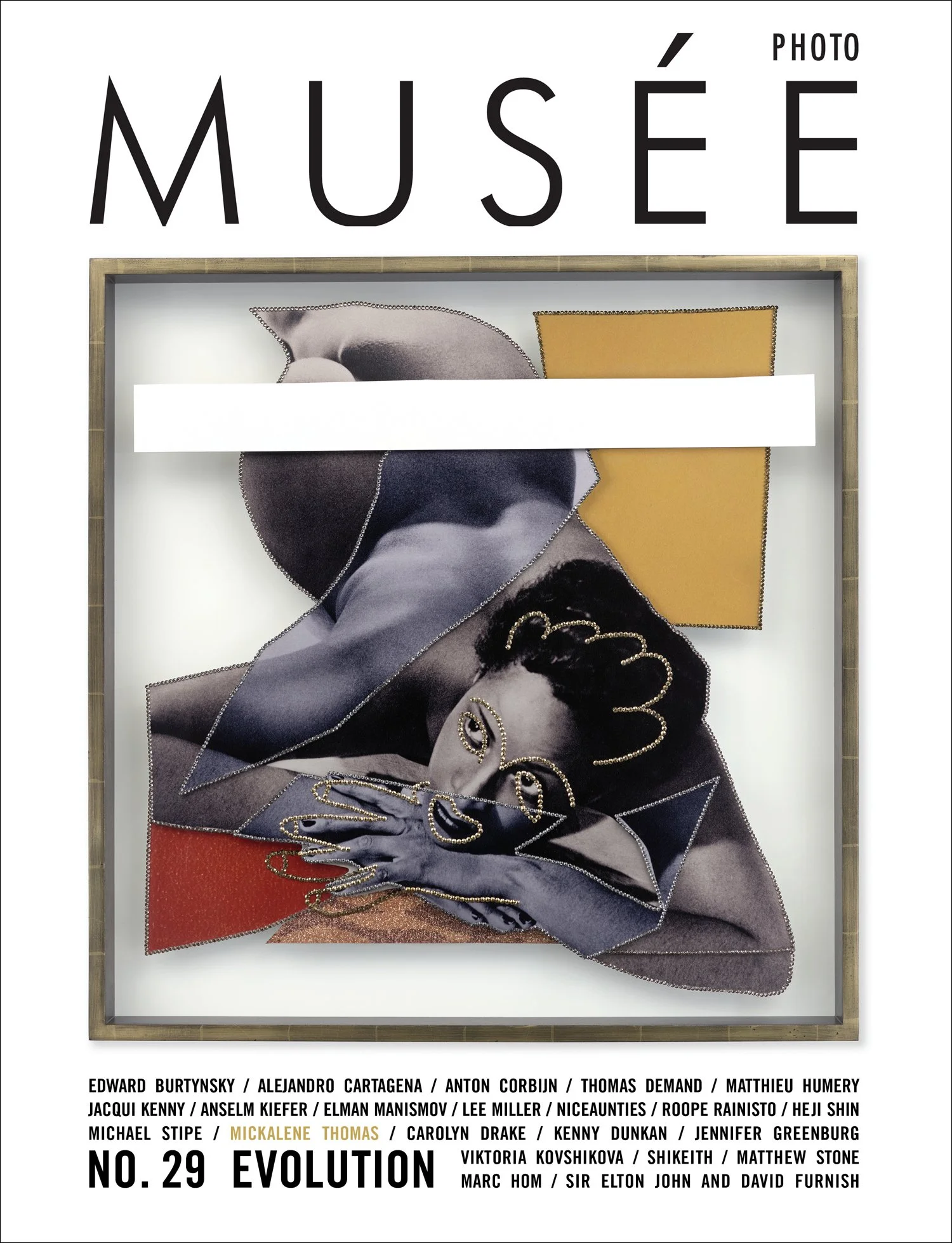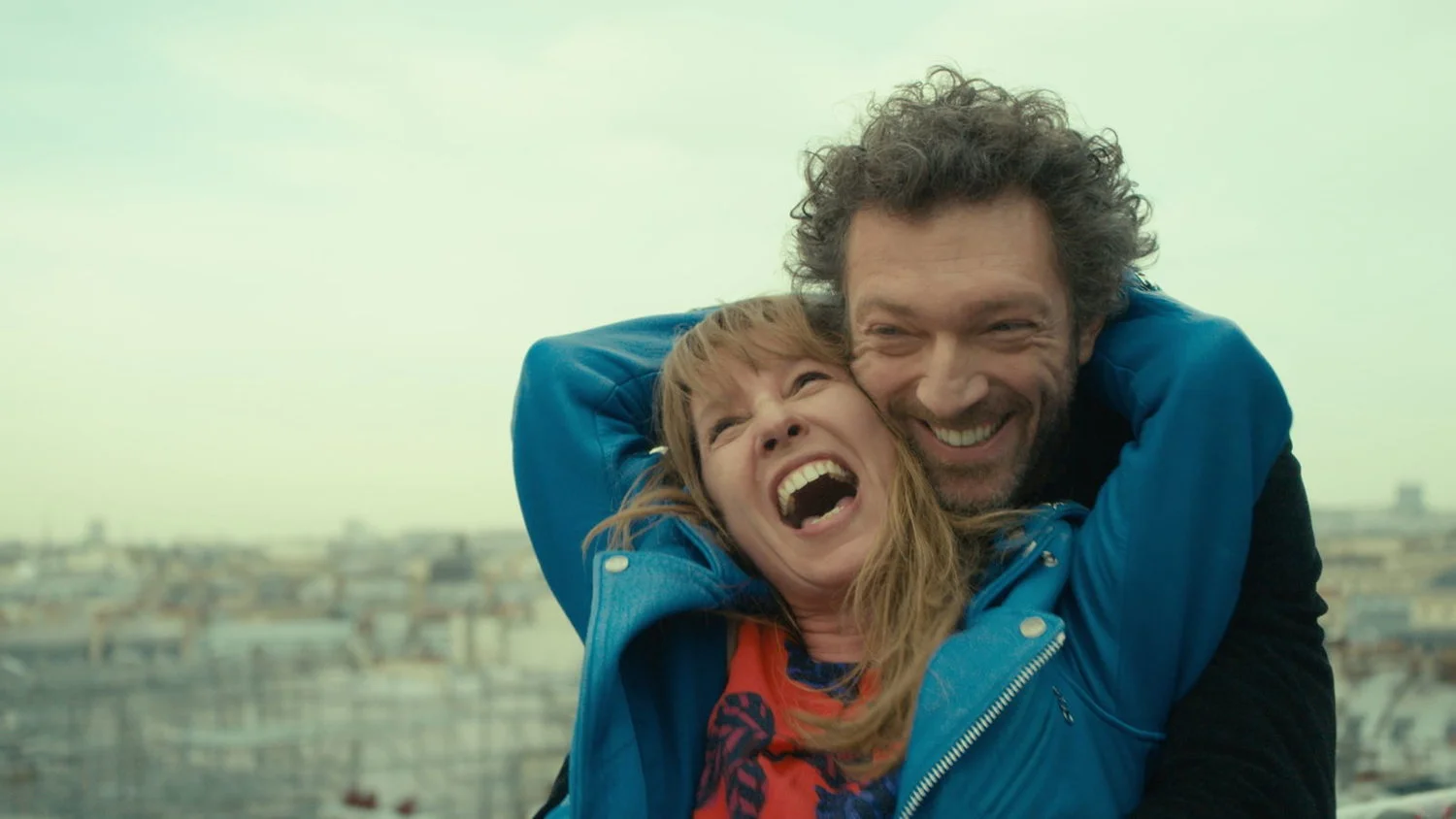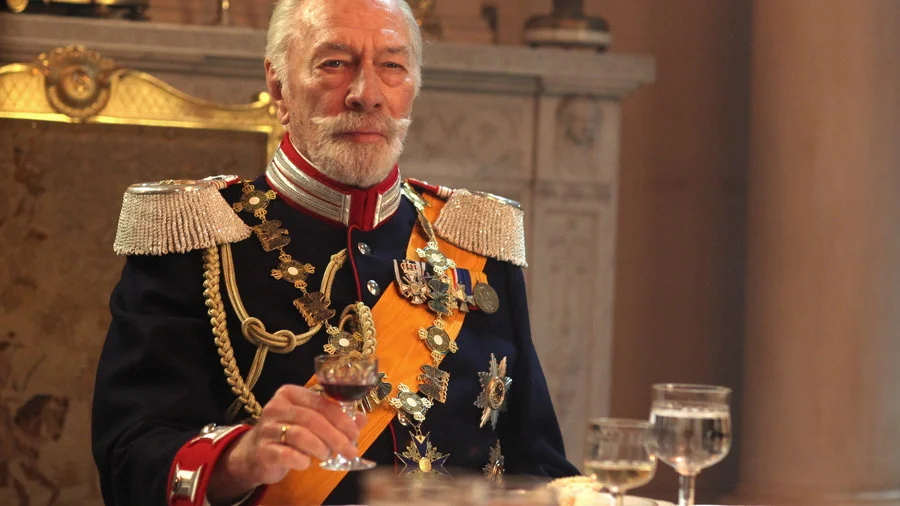FILM REVIEW: LITTLE MEN (2016) IRA SACHS
© Film Still from Little Men 2016, courtesy of Google
This is a charming, bittersweet chapter in the life of Jake and Theo, two adolescent boys. It felt so intimate and realistic that every time I see real boys that age, this film comes to mind and I hold them in a whole different regard. It makes me think about life from their point of view and how they must regard me and other older people and how they see their own lives. It has lingered with me with unexpected frequency.
The two boys are thrown together by circumstances over which they have no control. Jake (Theo Taplitz), and his parents, Brian (Greg Kinnear) and Kathy (Jennifer Ehle) have packed up and decided to move from Manhattan to a not yet, but soon to be, gentrified neighborhood in Brooklyn where they can live rent free. This is due to the fact that Brian’s father was the owner of the building and has recently died and left it to his son. This is a matter of economics, not of choice. Brian, an actor, works intermittently in non-profit theatre while his wife has a small private psychotherapy practice. The apartment into which they move is above a dressmaker’s shop rented by Leonore (Paulina Garcia), a single mother and her son, Tony (Michael Barbieri). Tony is savvy, street-smart and ultra-cool and knows the ‘hood like the back of his hand'. The two boys are the same age and bond almost immediately although they could not be less alike. Jake is quiet and introverted. Tony wants to be an actor and Jake wants to be an artist.
As we track the boys’ relationship development, we see the circumstances set into motion by the adults from the boy’s point of view. As the boys become inseparable the dynamics between the adults regarding the disposition of the building which they unequally share threatens to pull them apart. The boys’ simplified take on the adult behaviors is fairly contrasted by the conflicting imperatives of both parental sides. No one is vilified or venal. But the boys protest tactics are pitted against the complexities of being a parent and a landlord in a competitive world, where one cannot always afford to be altruistic. It is quietly devastating to see the pain of separation for the boys and the hurtful recriminations of the boys toward the parents, who also suffer.
As implied in the coda when we jump forward a few years and glimpse the two boys separately, we realize that - like so much of childhood - it only hurts for awhile and life goes on. They both appear to have continued in their chosen paths and survived this sensitively-rendered period intact with youthful resilience. The two boys are appealing and natural and totally watchable. Their daily activities together are lyrically filmed. The adults are sympathetically rendered and easy to empathize with. It is clear that Ira Sachs, who co-wrote and directed this movie, knows something about child rearing and he brings all of the humanity and compassion that it deserves to this beautifully executed small gem of a film. I really loved it.








